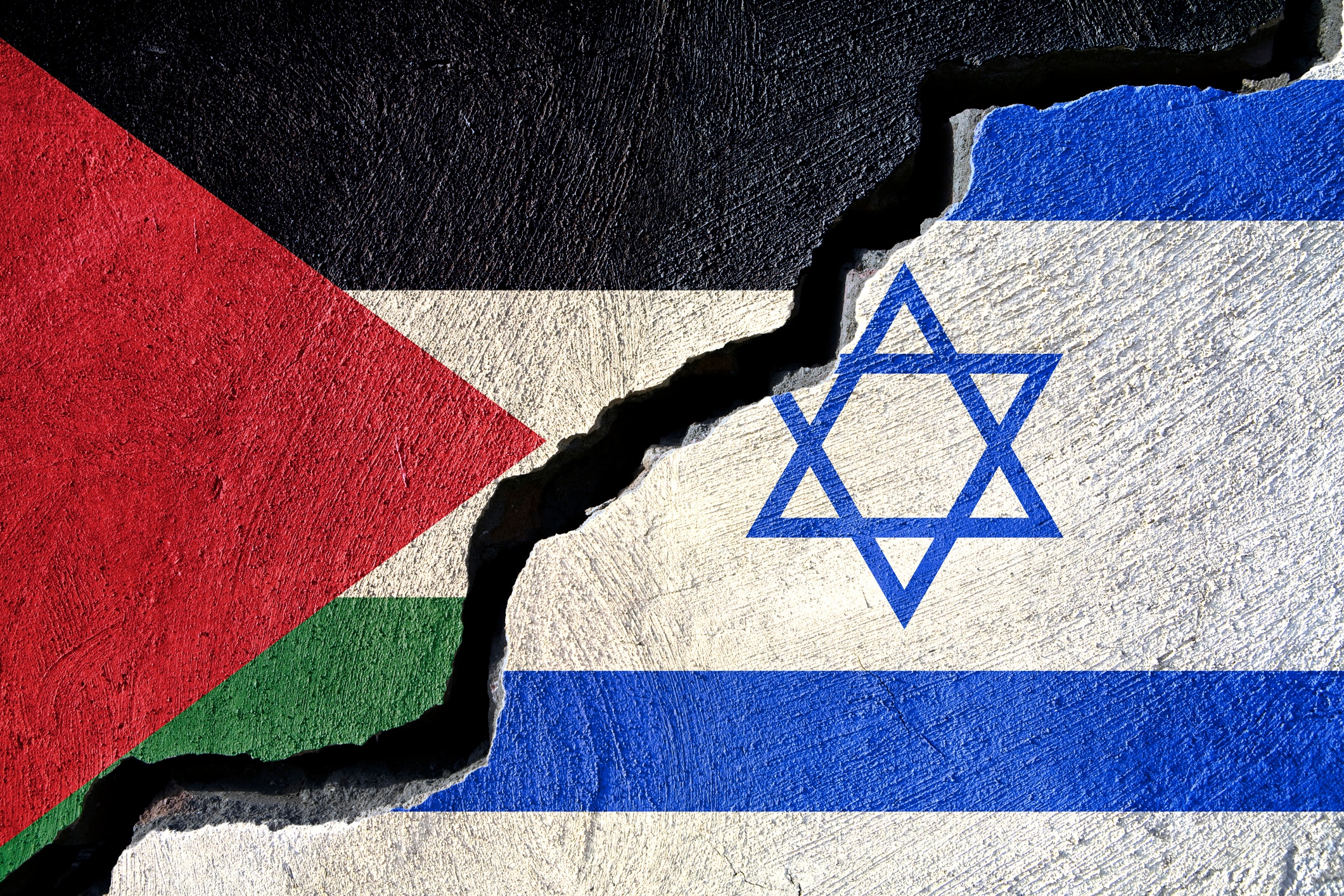The key “solutions” I garnered from the talk were that of exclusively a “one-state” or “two-state,” solution. Initially, I wondered why elements of both are not being used in this process. But, after the talk I see more clearly the pitfalls of my previous train of thought.
In summation, A one-state solution seems to mean Israeli sovereignty over all historic Palestine. This can occur even without granting citizenship to Palestinians. I was unaware of the logistical challenges with granting citizenship because I was unaware of how many Palestinians reside in the west bank in particular. So much so that the Israeli demographic would become a minority within this new state. I ponder how much the Jewish history of living in a diaspora and being a minority group across the globe plays a role in this sort of concessions for peace. Fundamentally, I question whether a peace for land approach still hold water. After our in-class reflection on the talk, a one-state model truly seems more viable. If guided by the principle of equality and giving all Palestinians and Israelis complete access to all the land, in my eyes this could provide a democratic solution. The practicality of this seems to be the big question and I would have liked to have heard a little more on the merits and challenges of this course of action. I will be looking into this more so in my free time. Overall, this discussion brought some interesting thoughts into my head and really outlined the struggles with an issue like Isreal-Palestine. I used to view this case as something like the Northern Ireland-Republic of Ireland case. While there are similarities and differences. The Israeli-Palestinian case seems to be around for the long haul despite a potential “one state” solution.

